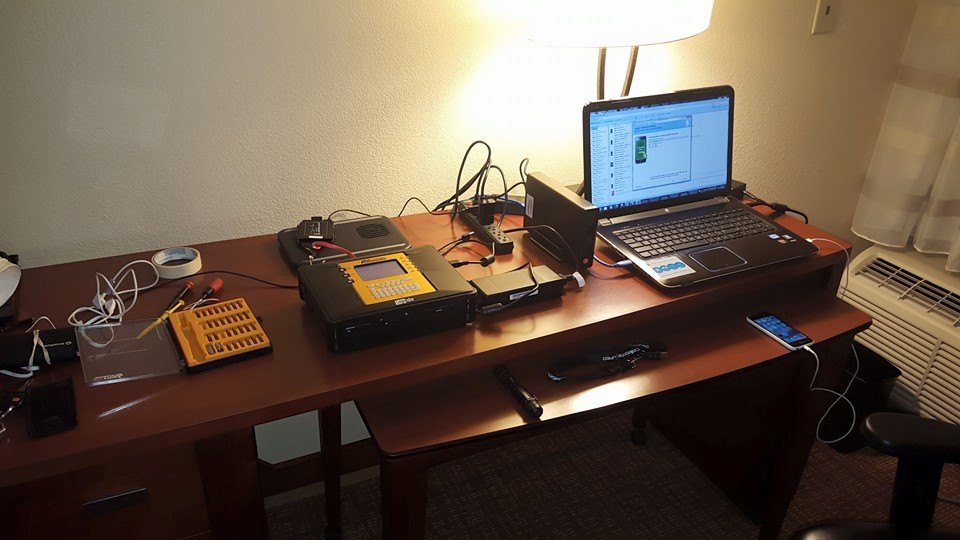
Computer forensics is exactly what it say’s on the tin. Tech professionals use computers and other devices to help solve crimes, but one would have to be highly experienced in many technical sectors to land a career in computer forensics, which is why it’s one of the hardest industries to get into. If you’re lacking knowledge when it comes to the subject, have a look at some of the below information.
What Is Computer Forensics?
Much like crime scene investigators, computer forensics also try to solve cases, but they use technology such as computers and other similar devices to look for answers. Such forensics are technical assets to the police force and other industries, and they are the people who dissect computer data to resolve a problem or to help solve a crime. They look at recent browser history, search through files and folders, and look through emails to get the information they need.
How Does It Work?
Computer forensics is very simple in a sense, but at the same time, it requires someone who is highly technical to help dissect data. A big part of the job involves working on computers and other similar devices, but computer forensics will often work on any case that involves technology. By using software and their own expertise, they’ll look for any information and data deep in the memory of a computer that can help solve a crime.
What Crimes are Solved Using Computer Forensics?
Many crimes are solved with the use of computer forensics. From fraud and bribery to kidnap and even murder, computer forensics are highly important in helping solve some of the biggest crimes in the world. Computer forensics have solved many cases and have even managed to bring down criminal organizations.
What Is the Process of Computer Forensics?
Usually, the process will start by evaluating the device and coming up with the best way of getting through encryptions and passwords. Once the device is unlocked, the process of collecting data can begin. Once sufficient evidence is taken, the data is analyzed and presented. The computer forensic process usually ends with a review stage of all data taken from the process.
What Issues Do Computer Forensics Investigators Face?
Of course, many computers and devices are initially locked by the owner with a password, so getting beyond that is the first issue. Sometimes, technically gifted device owners will try to hide or lock files and folders from view using encryption and the like, so that is another problem for the forensic team to bypass. Software is often used in the process to help find key information, and depending on how technical the owner of the device is will depend on how hard it is to get such information.
It’s not just police forces that hire computer forensics; eForensics are now common services required by a variety of businesses, especially in lawsuits.
In conclusion, computer forensics helps to retrieve information that can be used as evidence in a case or problem.
